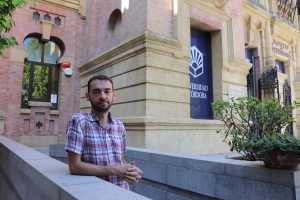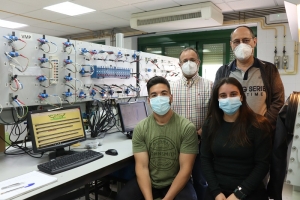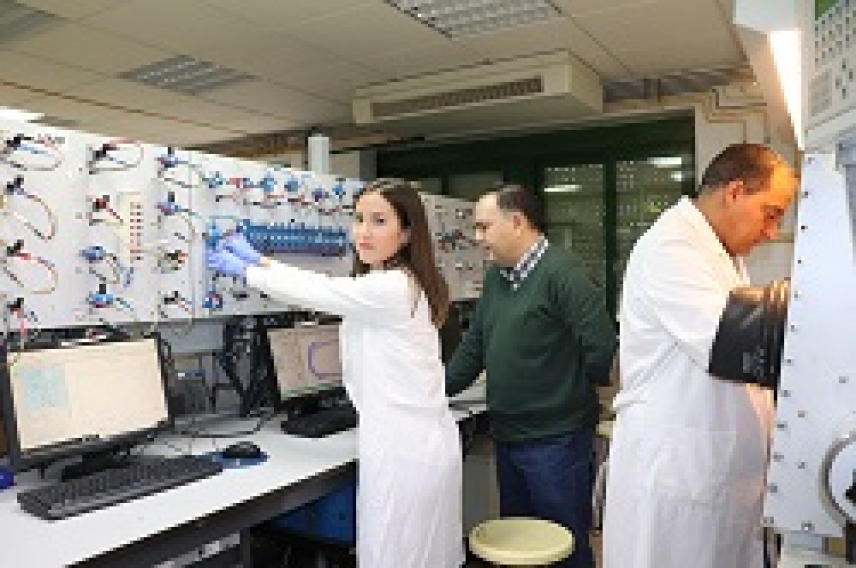Solar batteries: a new material makes it possible to simultaneously absorb light and store energy
The collaborative effort between the University of Cordoba and the Max Planck Institute for Solid State Research (Germany) is making progress on the design of a solar battery made from an abundant, non-toxic and easily synthesized material composed of 2D carbon nitride
A study explores a new avenue for the manufacture of magnesium batteries to complement lithium models
A UCO research group, in collaboration with the University of Xiamen and the Bulgarian Academy of Sciences, has studied, on a laboratory scale, the feasibility of magnesium batteries using a new compound as a cathode
Calcium passes the test to substitute lithium in rechargeable batteries for electric cars
Research at the University of Cordoba shows the potential of calcium to be a component of batteries in the future at an theoretical and experimental level, due to it polluting less and its plentiful supply
One possible solution to pollution in cities from combustion engines is the use of electric vehicles. Currently lithium ion batteries are the most commonly used in electric vehicles. However, they are not free from problems. Foreseeably, lithium resources will be insufficient to cover the battery market in the future. In addition, lithium batteries are not as safe as can be and they contain toxic components that are environmentally damaging.




